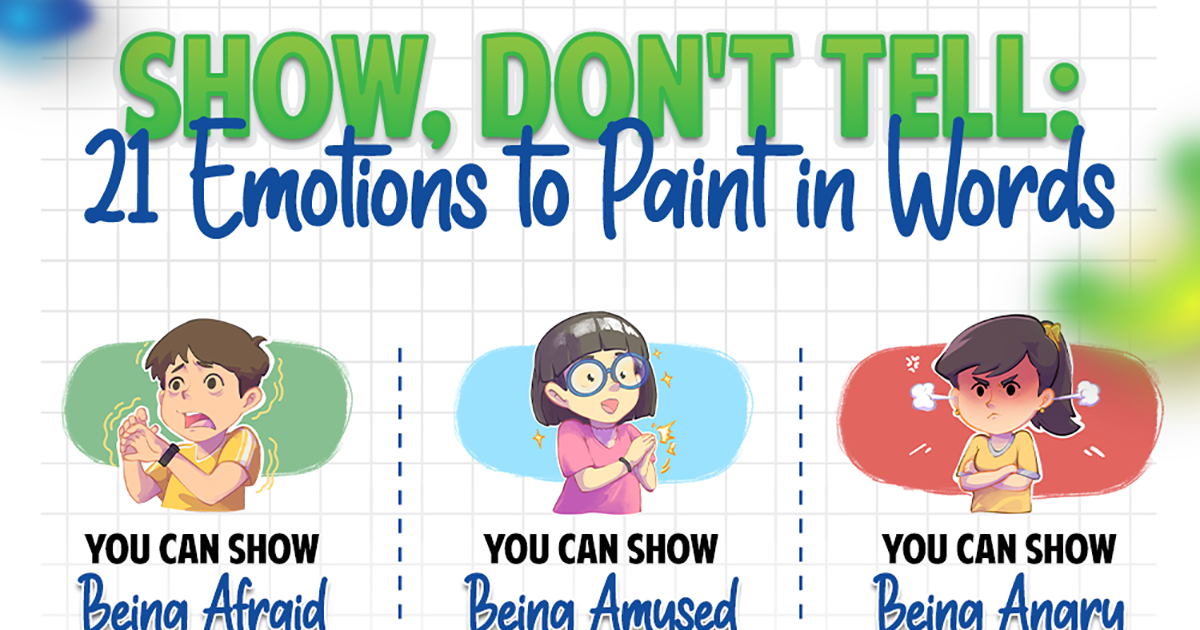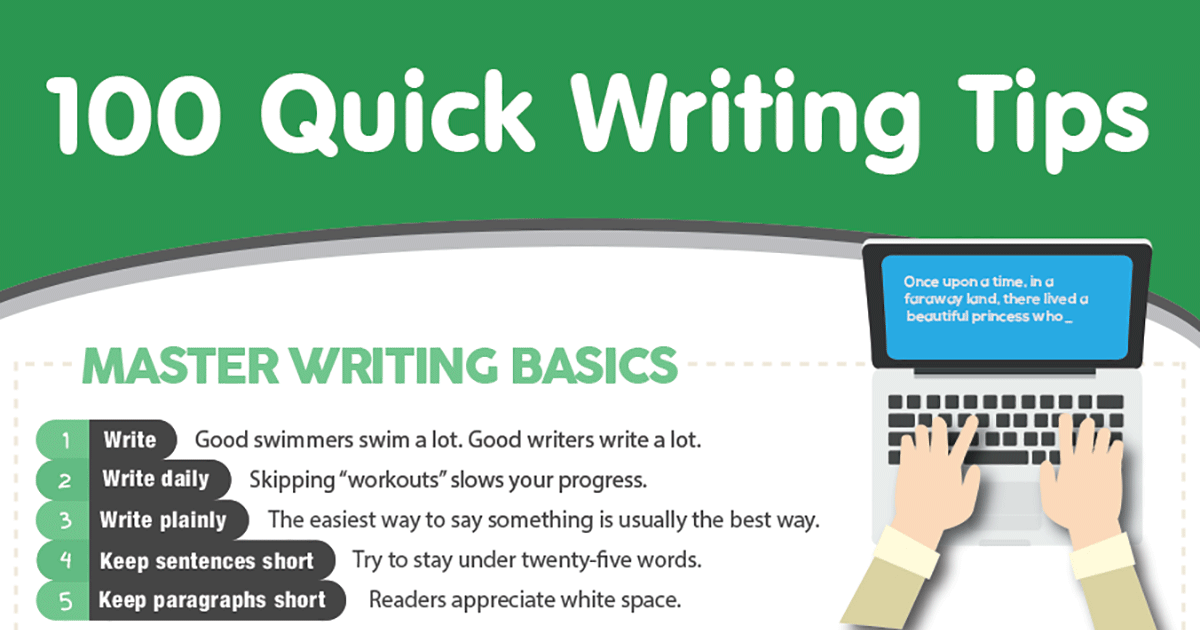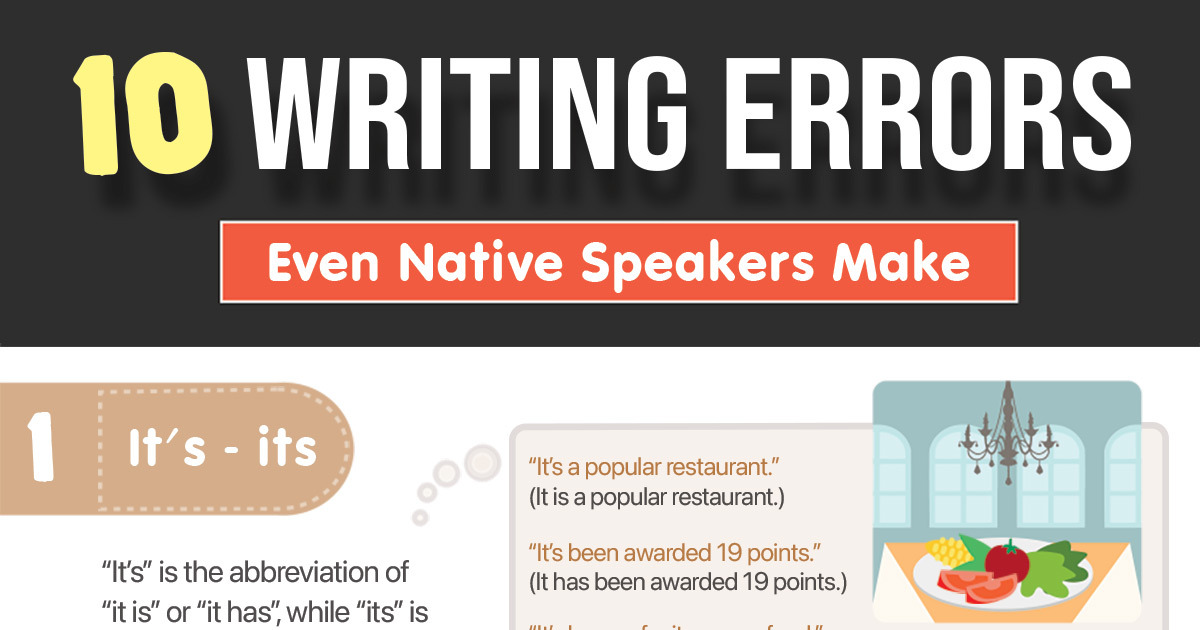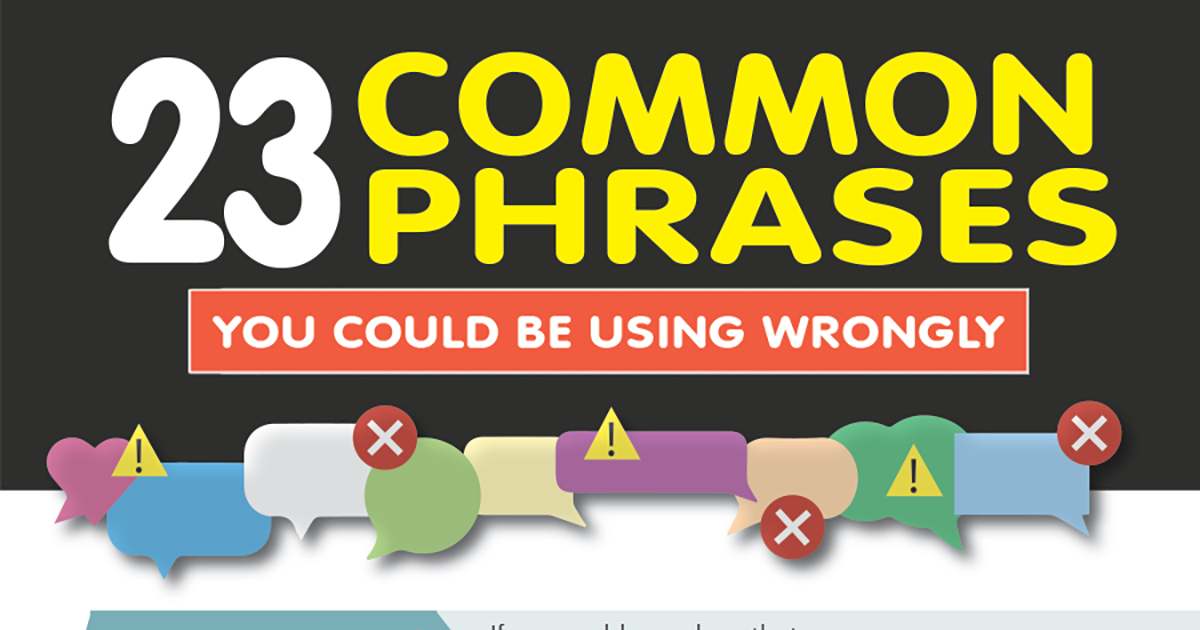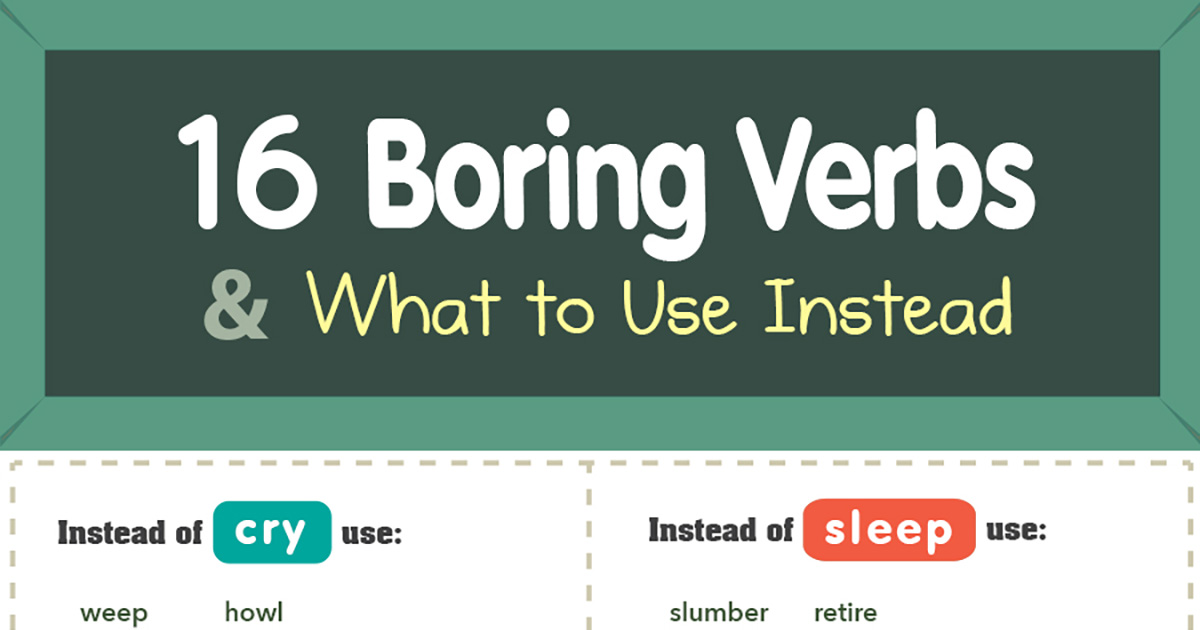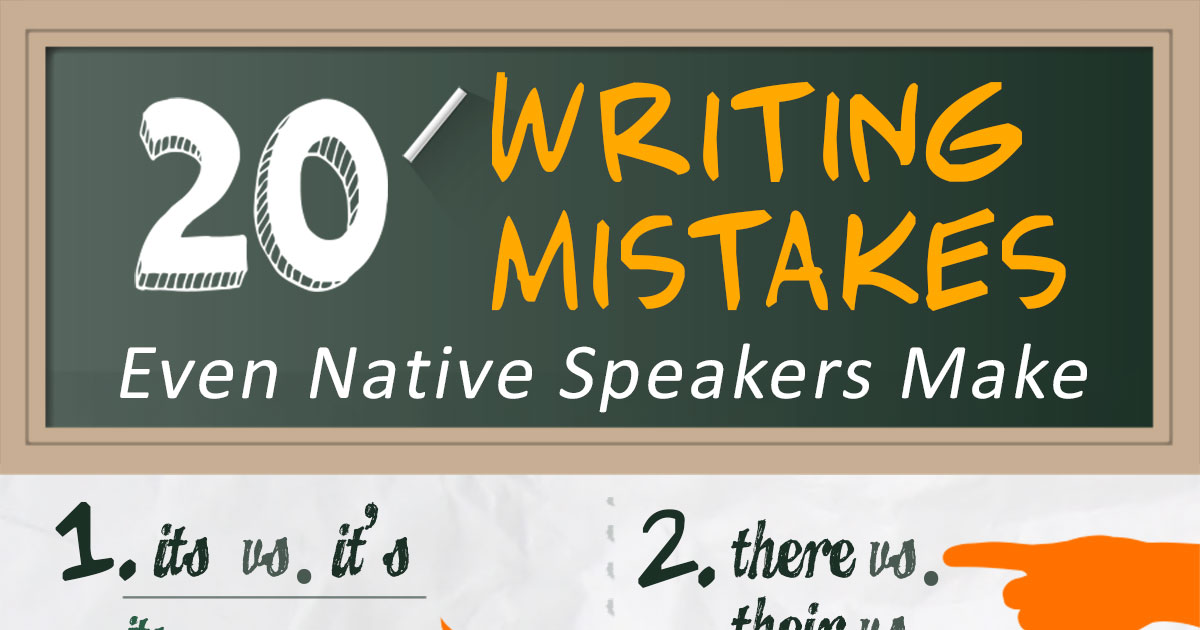 I think at some point, most people dream of writing the next Great American Novel. For most people, however, the dream is short-lived as it takes a lot of discipline, imagination, and skill to be able to write effectively and correctly in a way that connects with readers. The good news is, you CAN improve writing by following these easy steps. Not only will your technical skills improve, but your ideas and descriptions will, as well, making your writing something which stands out among the rest--particularly if you are trying to get published.
I think at some point, most people dream of writing the next Great American Novel. For most people, however, the dream is short-lived as it takes a lot of discipline, imagination, and skill to be able to write effectively and correctly in a way that connects with readers. The good news is, you CAN improve writing by following these easy steps. Not only will your technical skills improve, but your ideas and descriptions will, as well, making your writing something which stands out among the rest--particularly if you are trying to get published.
Step 1: Avoid Spelling Errors!
It may sound like a no brainer, but you would be surprised how many query letters or manuscripts are sent to agencies with basic spelling errors. No matter how good your ideas are and what a great story you have, most times spelling errors will keep you work in the slush pile (why is spelling important). Take your time and proofread your work before you send it off. Most document programs will have a spell check, but if you don't, then you might be interested to spell check online here. Our homepage offers a free spell check so that you can confidently send your work knowing there won't be spelling errors.
Step 2: Avoid Grammar Errors
Our spell checker is able to catch misspelled words, but sometimes, if you aren't careful, you'll easily miss grammatical errors in the very same process. You don't have to know every single rule of the big book of English grammar, but you should be aware of the basics at least, and make sure those basics are put in use before you send out or publish a text. Run-on sentences, misplaced sentence fragments, unnecessary switching between tenses, and changing points of view without proper structure will lead to a confusing read. Brush up on your grammar knowledge so that you can avoid rejection based on something menial. Feel free to read our popular post on common grammar errors here to do this now, or bookmark it for later if you want to continue reading this post right now.
Step 3: Journal Your Thoughts
You don't need to take it to "Dear Diary" extremes, but by keeping a journal, you are giving yourself some practice writing on a regular basis. It can simply be a catalogue of your day, or it can be ideas and feelings. When I was in college, a writing professor would have us find a poem, and copy it into our journal each week. The idea was that by copying good work, we would recognize good work. When you recognize good work, you can begin to create your own good work. You can copy passages of good books you have read to get the process started, and before you know it you're writing your own beautiful descriptions.
Step 4: Read
You can write all you want; but unless you take time to read, you will lose touch with things and issues that are important and relevant right now. You have to read a lot to improve writing. You will begin to notice the ways different descriptions work. You will recognize proper sentence structure, plot formation, and many of the nuances which skilled writers use to manipulate the story and get you involved. Reading evokes imagination and your own storytelling abilities. While every person who reads a lot may not be inclined to be a writer, every good writer does read a lot. Whether it is the newspaper, magazine, or trashy romance novel; reading often will keep your brain in the best writing shape.
Step 5: Practice
Writing is definitely a use it or lose it skill. When you don't practice writing, you can lose some of your ability to tie together ideas and thoughts. If you really want to improve writing, you have to write often--even if it is simply copying a poem or a passage into your journal. You don't always have to be coming up with new ideas to write a new story or book, as that is sometimes impossible (thus the term "writer's block). But you should definitely be practicing and honing your skills as much as possible so that your skills don't get rusty and so you constantly keep improving.
Step 6: Get Plenty Of Feedback And Know Your Audience
You may think you have the best story or the best idea. But when you tell somebody else about your idea, you may get a flat response. While everybody doesn't have to like your ideas, it is important that there is some sort of appreciative audience for what you are writing. Get as much feedback as possible so that you know if you are writing what people want to read. If you are writing a science fiction short story, be sure to ask people who know and appreciate science fiction what they think of your idea so you know if you are on the right track. Knowing what your audience wants by getting plenty of feedback will keep you from fading into oblivion.
Step 7: Accept Constructive Criticism Gracefully
This isn't always easy. Nobody likes criticism, but if it is seriously designed to help improve writing, then you should certainly consider whether or not there are valid points in the criticism. This is particularly important if it is coming from an editor or an agent. They aren't trying to hurt your feelings, and know that it is almost never personal. These people, however, know the business and know what they are talking about, so it is wise to at least consider their suggestions seriously. You can do with it what you will, but when you can accept constructive criticism without getting defensive, you can get a lot further with your work. More info on how to deal with criticism here.
If you want to improve writing, there are some simple steps to make your work more readable and enjoyable. While not everybody will be able to deliver a great masterpiece of literature, you can certainly take some quick and easy steps to improve your writing and maybe even get your work noticed. Your writing will be taken far more seriously if you avoid spelling and grammar errors. Writing a journal will help you to keep your thoughts and ideas fresh and also keep you writing on a regular basis. By reading often, you will begin to recognize the writing styles, patterns, and nuances that work well and avoid common pitfalls of inexperienced writers. Finally, by knowing your audience and accepting criticism gracefully, you can truly begin to understand and master the art of writing, which makes your texts even more enjoyable to read for everyone you wish to reach. Happy writing!!

